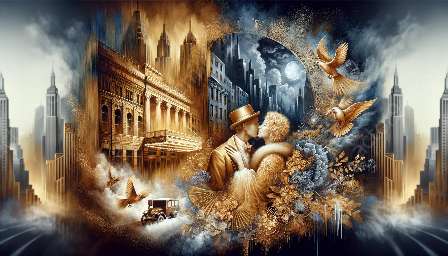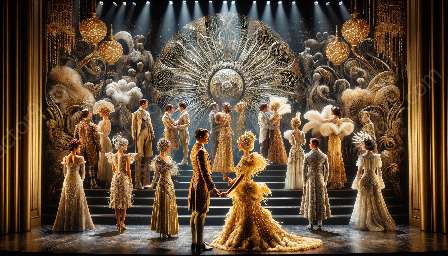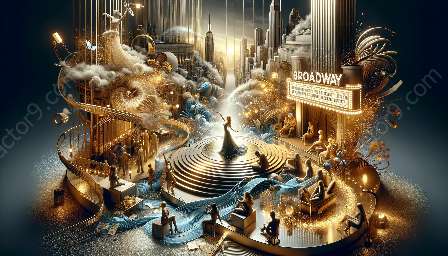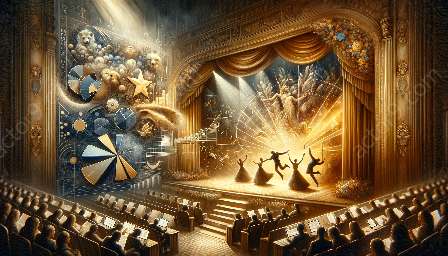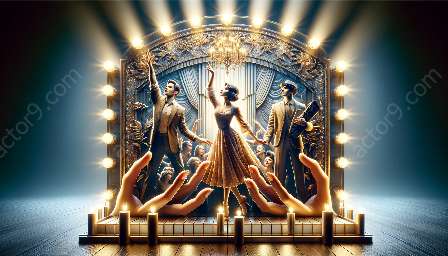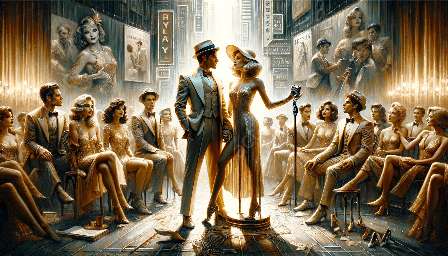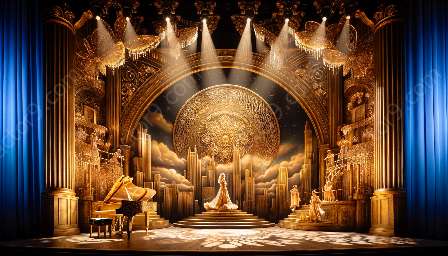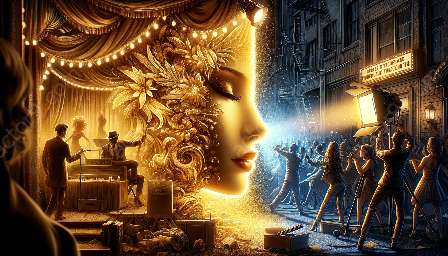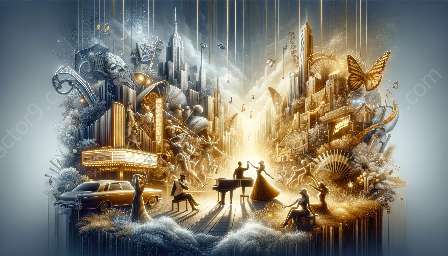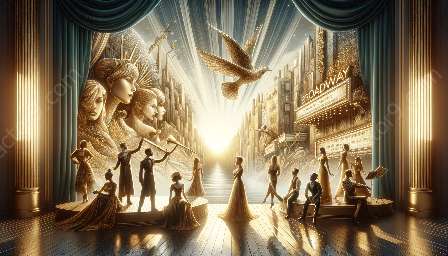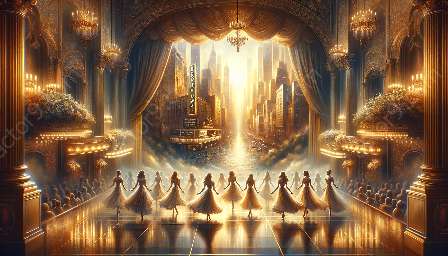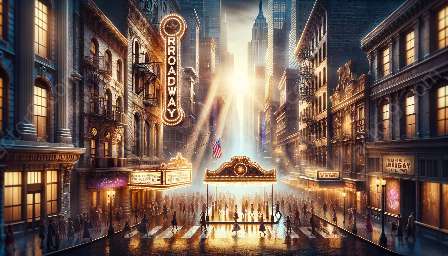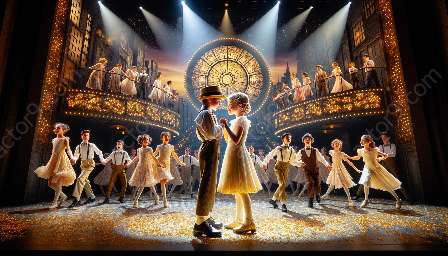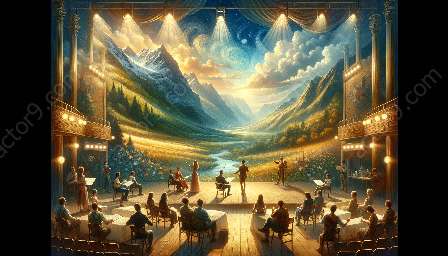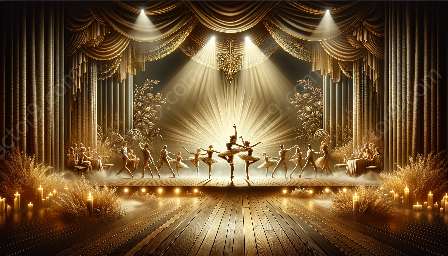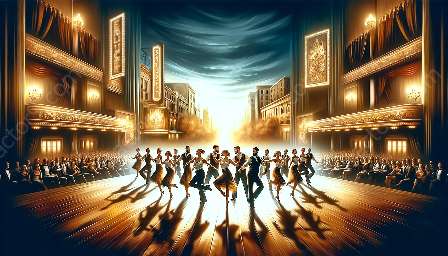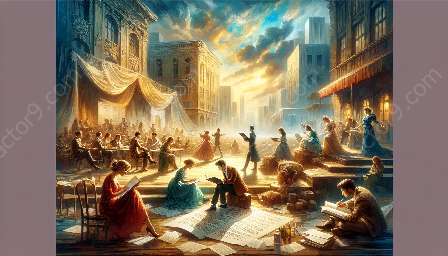Broadway musicals have undergone a fascinating evolution over time, impacting society in myriad ways. This impact has been felt through cultural influence, social commentary, and entertainment. From their early origins to the present day, the changes in style, content, and impact of Broadway musicals have created a lasting legacy.
Early Beginnings and Influence
Broadway musicals have a rich history dating back to the late 19th century. The early shows were a fusion of European operetta, American vaudeville, and the dramatic flare of theatrical productions. These early shows often featured light-hearted plots, catchy tunes, and elaborate dance numbers, providing audiences with a sense of escapism and entertainment.
One of the earliest and most influential shows was Jerome Kern and Oscar Hammerstein II's groundbreaking musical, Show Boat, which premiered in 1927. This production addressed serious societal issues, such as racism and miscegenation, marking a turning point in the narrative depth and social relevance of Broadway musicals.
Golden Age of Musicals
The 1940s to the 1960s are often referred to as the Golden Age of Broadway musicals, with a proliferation of iconic productions that shaped the genre. This era gave rise to legendary composers and lyricists such as Richard Rodgers and Oscar Hammerstein II, Cole Porter, and Stephen Sondheim. Musicals during this time embraced a wide range of themes, from romance and comedy to social commentary and political satire.
Notable examples include Oklahoma!, The Sound of Music, West Side Story, and Cabaret, each addressing relevant social issues, including class divides, WWII, and the civil rights movement. These productions confronted societal challenges, prompting audiences to reflect on the human condition and current events.
Diversity and Modernization
The latter half of the 20th century saw a diversification and modernization of Broadway musicals, reflecting changing societal values and norms. Musicals began to incorporate a wider range of musical styles, including rock, pop, and rap, appealing to a more diverse audience.
Groundbreaking productions such as Rent and Hamilton blurred the lines between traditional Broadway conventions and contemporary storytelling, addressing issues of poverty, AIDS, and America's founding era through a modern lens. These shows not only reflected society but also became catalysts for social change and conversation.
Impact on Society
Broadway musicals have had a profound impact on society through their ability to provoke thought, inspire change, and create cultural touchstones. They have provided a platform for discussing significant social issues, including race, LGBTQ rights, and political upheaval, fostering empathy and understanding among audiences of diverse backgrounds.
Moreover, Broadway musicals have served as a vehicle for promoting inclusivity and diversity in the arts, showcasing stories and experiences from marginalized communities. This representation on stage has contributed to broader societal conversations about equality, representation, and the power of storytelling.
Conclusion
The evolution of Broadway musicals has mirrored and influenced societal changes, shaping the cultural landscape in profound ways. From their early origins as light entertainment to their role as a medium for social commentary and reflection, Broadway musicals have embraced diversity, innovation, and relevance. Their impact on society is undeniable, as they continue to entertain, challenge, and unite audiences around the world.


